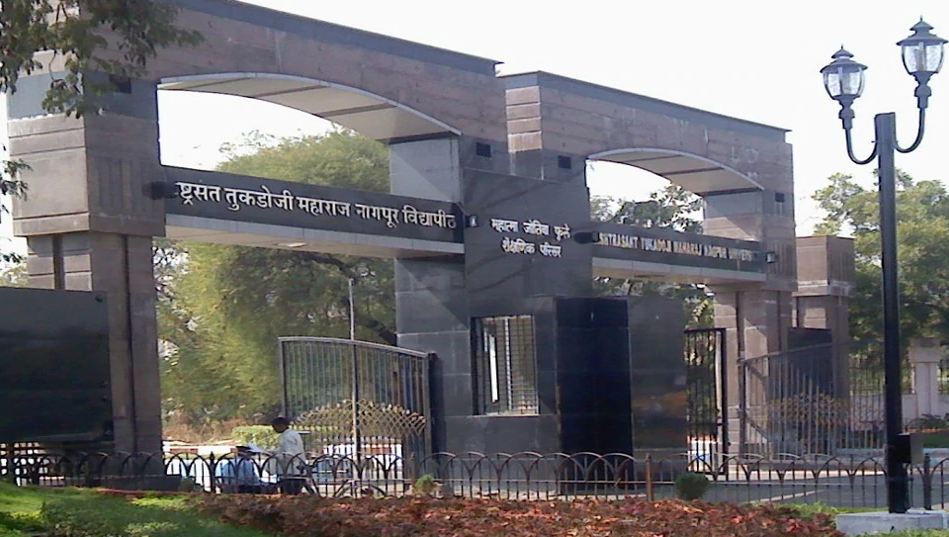In what can be called a major step, Rashtrasant Tukadoji Maharaj Nagpur University (RTMNU), formerly known as Nagpur University, has decided to include the role of RSS in nation building in the second year of BA history syllabus. The chapter, named “Rashtriya Swaysevak Sangh (RSS) Role in Nation building”, was introduced as a replacement of a chapter which discussed the role of RSS, Hindus Mahasabha, and Muslim League in the rise of communalism in the country titled as “Rise and Growth of Communalism”.
Rashtrasant Tukadoji Maharaj Nagpur University has replaced "Rise and Growth of Communalism" with "Rashtriya Swaysevak Sangh (RSS) Role in Nation building" in its revised syllabus for 2nd year BA History.(pic 1-new syllabus&pic 2-old syllabus as available on University's website) pic.twitter.com/9xn83V9olJ
— ANI (@ANI) July 9, 2019
NSUI, the student wing of Congress party and Youth Congress protested against the decision and asked for the removal of the chapter. Vice-Chancellor of Nagpur University Siddharth Kane told The Indian Express that “RSS history is part of the Masters course since 2003. From this year, it has been included in the BA (graduation) course.”
On the NSUI’s demand for removal of the chapter, Kane said, “The BA syllabus also has content on the history of Indian National Congress. (But) tomorrow some others may demand deletion of this part. We cannot go on accepting such demands.” On the deletion of the chapter on Communalism, Chairman of the university’s History Board of Studies Shyam Koreti said, “Duphali kashala nirman karaychi (why should we drive a wedge in the society now)?”
RSS has clarified that the organization did not ask for the introduction of the chapter. “RSS would never ask any university to include a course on the organisation. It is against our ethics and principles,” said Rajiv Tulli, state media convener of RSS’s Delhi Unit. However, RSS’s Virag Pachpore said, “If there is a course for Marxist, Gandhian and Ambedkar thoughts in many universities, then why there should not be a course on RSS ideology, which is growing day by day across the country.”
The academia of the country has been dominated by leftist and Marxist historians for decades. The expansion of the state in education resulted in the enforcement of the ideology of Congress party in academia. The lack of standalone independent academic institutions led to a wipeout of the alternative narrative in Humanities and Social Sciences. The state-controlled Indian media further propagated, nurtured and strengthened the narrative of Congress party.
Looking back, during the pre-independence era, the Indian historical sphere was dominated by nationalists such as RC Majumdar, Jadunath Sarkar and K N Neelakanta Shastri. Thereafter, after the influx of Nehruvian ideals, there was a surge of Marxist historians. With them, the historic focus was shifted from nationalist history to social and communist history. With the establishment of the ICHR, the entire emphasis continued to be on the so-called ‘people’s history’, leading to the domination of few left historians like Romila Thapar, Irfan Habib, Bipan Chandra among others.
The Nehruvian ideology, a mixture of pseudo-secularism and socialism, was the guiding light for Indian academia for most of the years succeeding Indian independence. Any contrarian thoughts or ideas were rejected outright by the left dominated academia. This academia shaped the historical narrative of India. The ‘idea of India’ as they liked to call it, had no place for Hindu history and was driven only by compulsions of Nehruvian secularism. As a result, a distorted form of Indian history has been peddled and absorbed for generations.
